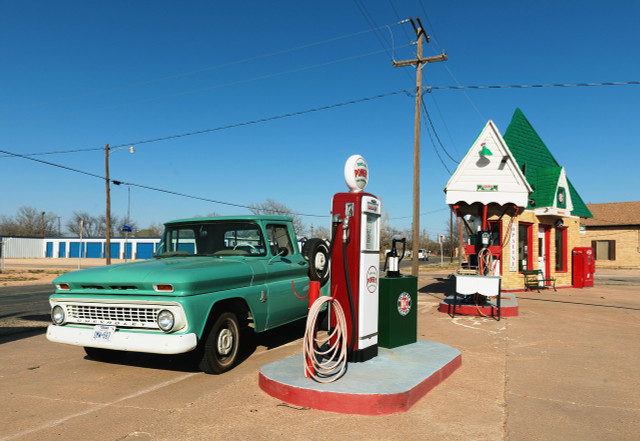Waste vegetable oil is a byproduct of the gastronomy world. It is in constant supply and needs to be disposed of somehow, so using it to supplement diesel fuel is a no-brainer.
Waste vegetable oil (WVO) is exactly what it sounds like, vegetable oil which has already been used and is now regarded as waste. Bars, restaurants, hotels, and food trucks are all examples of places that use large quantities of vegetable oil. Any establishment making deep-fried food must keep their frying oil fresh. Once it has been used a few times and is dirty, the oil must be disposed of, so restaurants go through loads of oil every day, from small diners to big fast food chains.
What Happens to Waste Vegetable Oil?

(Foto: CC0 / Pixabay / photosforyou)
Waste vegetable oil cannot be poured down the drain or composted. Businesses typically dispose of their WVO by paying recycling companies and disposal services to pick up it up. Some of the WVO ends up on the landfill, but most of it is heated up, cleaned and processed to be reused. Recycling centers can clean up WVO to be used as fuel, animal feed products, detergent, paint, soap and industrial lubricant. Bigger companies are more likely to have private systems for dealing with their waste. McDonalds actually has a closed loop recycling system in which they recycle the oil from their kitchen and use it to fuel their delivery vehicles.
Using WVO as a substitute for diesel fuel is possible on a smaller scale as well. Many individuals have already started to upcycle WVO to use themselves. Most people get their WVO from local businesses from which they pick up the waste regularly. This is a win-win for businesses and thrifty people in need of fuel.
Is Waste Vegetable Oil Right for You?



(Foto: CC0 / Pixabay / Falkenpost)
Vegetable waste oil can be used as a diesel substitute, if prepared in a certain way.
WVO is cheaper than both diesel and virgin oil, and because WVO is a recycled product, it is also more sustainable. On the other hand, WVO often requires some initial investments.
- You must learn how to filter the WVO. It cannot be poured directly into your vehicle tank due to the food particles, water, fats, and other materials which will clog up the entire system. These must be filtered out beforehand. This means a first-time user will need to learn how to filter the oil. While this is not very difficult, it can be tedious and time-consuming. You may also need to buy some additional equipment. Some people filter WVO by hand with a strainer. Others use spin-on filters or a pump. The filtration method is your choice, of course.
- Also, vegetable oil can cause mechanical problems for your vehicle. If you live in a colder climate, you may need to do some vehicle maintenance before you start using WVO. This is because vegetable oil thickens when it is cold, and it can clog your fuel lines. Vegetable oil works best when there is also diesel available to warm the engine before driving. Also, your car may need a mechanism to flush out the vegetable oil before the engine cools back down. These potential changes require time and money invested. The best thing to do is go to your local auto shop and figure out if WVO is the right option for you.
If you are interested in using WVO as a diesel substitute but you don’t want to go through the hassle of the filtration process, you can also buy pre-filtered WVO on eBay and Craigslist.
WVO filtration can be done on a larger scale, and companies like McDonald’s have started reaping the benefits. Currently, recycling centers that produce filtered WVO as diesel fuel only sell the oil to big corporations. With time, WVO will hopefully become a more readily available product, maybe even at the gas station.
Read on:
- Zero Waste Lifestyle Guide: Simple Tips Towards Sustainable Living
- Conserving Energy: 10 Ways to Save Electricity
- Food Waste: 10 Pro Tips for Reducing Food Waste
- Water Conservation: 10 Tips on How to Save Water at Home
Do you like this post?






